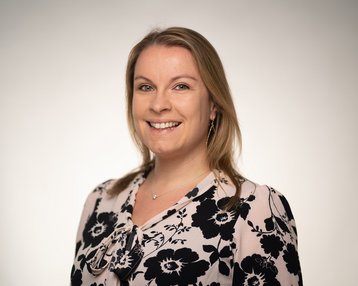

Pack your bags for international excitement!
Your experience abroad
Do you want to dive into a foreign culture and get to know new people? Do you want to live in a different country to study or work? Periods abroad not only look good on your CV, but also give you incomparable experience. You’ll develop personally as well as professionally, and form new, unexpected friendships.
Your personal path across the world
Whether it’s for a week or for an entire year, there are numerous ways to spend part of your studies in a foreign country – by taking a semester abroad, doing an internship, or attending a summer school. No matter what, it’ll be an unforgettable experience, and you’ll create lifelong friendships and memories.
Going abroad: step by step
If you want to go abroad, try to start planning a year ahead. This checklist will help you with organising and financing, one step at a time. If you have any questions, feel free to ask at our International Office. We’d be glad to help!
International Coordinators in your faculties

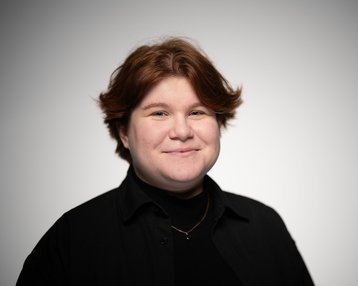
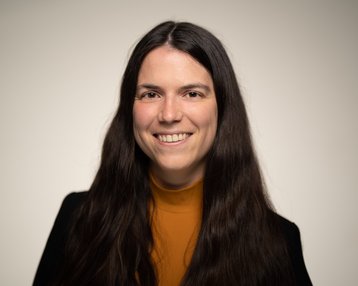

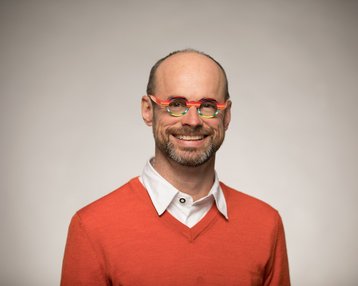
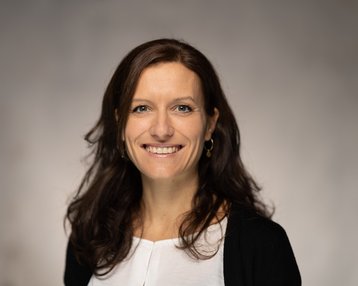
Financial support for your time abroad
Experience abroad has its costs. For example, there may be costs for visas, long-distance flights, international health insurance, etc. We can show you what funding options are available for your time abroad.




